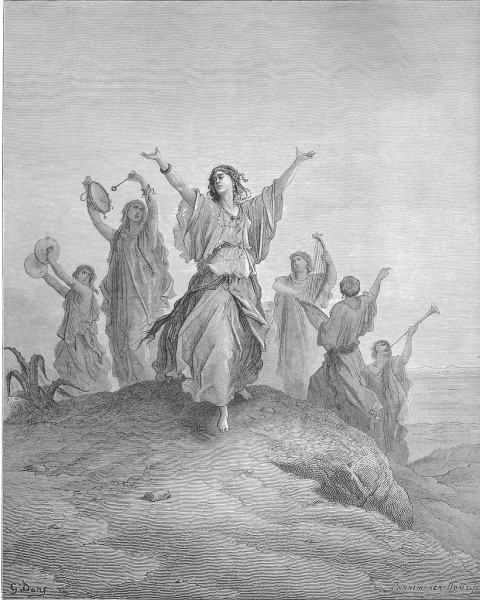When daughters of fathers seek justice
Looking for God in the murkiness of human relationships.

My earliest feminist awakening occurred before sunrise one day when I set off “down south” with my lunch in tow. It was my first time to drive Dad’s John Deere tractor by myself and to prove the validity of my argument for this new job. “Girls are just as good as boys,” I had argued when I learned Dad paid my male cousin for his tractor driving and other work, while my hours spent toiling on the farm apparently didn’t warrant such pay.
Climbing the steps into the cab perched high above the ground, my heart pounded in my ears. I held my breath as the engine roared to life; my right hand nudging the throttle higher while my left foot slowly released the clutch. Turning to look over my shoulder, I carefully guided the plow as it gracefully spread out behind the tractor.
Those first nervous minutes slowly turned to hours and hours to days and days to a summer spent driving back and forth, around and around, until confidence in myself as a girl—a tractor-driving girl—took root.




